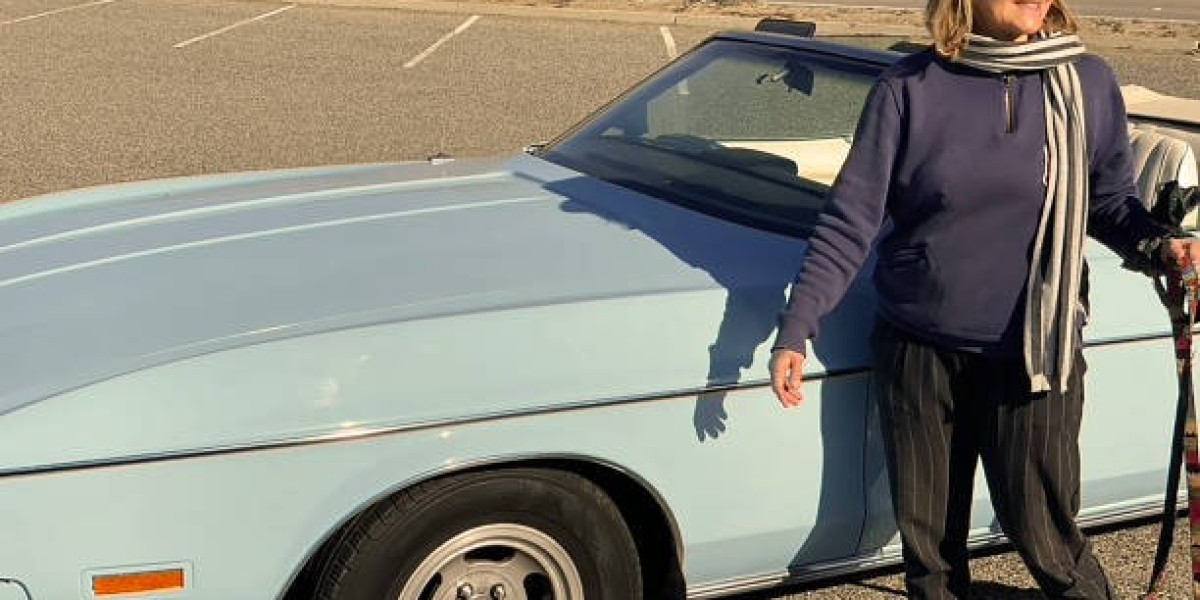When you decide to sell your old vehicle, one of the first questions that comes to mind is where to sell it. Should you go to a used car dealer or contact a scrap car buyer? Although both options help you get rid of your car, they serve entirely different purposes. Understanding how each one works can help you make the right choice and get the most value from your sale.
Selling a car is not just about finding a buyer; it’s also about knowing your vehicle’s true worth and your own expectations. Many car owners overlook the psychological side of selling and end up feeling disappointed with their decision. Understanding the Psychology of Selling Your Car helps you stay realistic and confident throughout the process.
1. Who Are Scrap Car Buyers?
Scrap car buyers specialize in purchasing vehicles that are no longer roadworthy or worth repairing. These buyers are mainly interested in the car’s recyclable materials, such as metal, batteries, and parts that can be reused or resold. Whether your car has been damaged in an accident, has engine issues, or has simply reached the end of its life, scrap car buyers are willing to take it off your hands for cash.
The best part is that most scrap car buyers offer free towing services, so you don’t have to worry about delivering the vehicle. They also handle paperwork related to deregistration and recycling, which makes the process easy and quick.
2. Who Are Used Car Dealers?
Used car dealers, on the other hand, focus on buying vehicles that are still in running or repairable condition. Their goal is to resell the car at a profit after minor repairs or servicing. These dealers usually prefer cars with a clean history, reasonable mileage, and valid roadworthy certificates.
If your vehicle is in good condition, selling it to a used car dealer can often bring you a higher price compared to scrapping it. However, the process can take longer because dealers thoroughly inspect each car and negotiate based on the vehicle’s market value.
3. The Main Difference: Purpose and Value
The biggest difference between scrap car buyers and used car dealers lies in how they determine your car’s value. Scrap car buyers focus on the car’s weight and recyclable materials, while used car dealers base their offers on market demand, brand reputation, and condition.
A car that’s completely non-functional or written off has little resale value but can still fetch a decent scrap price. In contrast, a car that runs well, even with minor wear, will likely attract better offers from used car dealers.
4. Speed vs. Price: What Matters More to You?
If you need quick cash and don’t have time to deal with repairs, inspections, or negotiations, selling to a scrap car buyer is the best choice. The transaction is usually completed within a day, and you get instant payment.
But if you’re not in a hurry and your vehicle is still in good condition, a used car dealer might be worth your time. Dealers can offer higher prices, though the process involves more discussion and documentation. It all depends on whether you value speed or price more.
5. Paperwork and Legalities
When you sell to a used car dealer, you’ll need to provide documents like the roadworthy certificate, registration papers, and service history. Dealers must ensure the car is safe and legal to resell. On the other hand, scrap car buyers don’t usually require these documents, especially if the car isn’t drivable. They only need basic ownership proof to complete the sale and deregister the vehicle properly.
Make sure to inform VicRoads after selling the vehicle, regardless of the option you choose. This step officially removes your name from the registration and protects you from future liabilities.
6. Environmental Considerations
Scrap car buyers play an important role in promoting eco-friendly vehicle disposal. They follow strict recycling methods to reduce waste and reuse valuable materials safely. This helps prevent harmful fluids and metals from polluting the environment.
Used car dealers, meanwhile, extend a vehicle’s lifespan by finding new owners who will continue using it. Both contribute to sustainability one through recycling and the other through reuse but in different ways.
7. How Psychology Affects Your Decision
Selling a car often involves emotion as much as logic. People develop attachments to their vehicles because of memories, long trips, or personal milestones. That’s where understanding the Psychology of Selling Your Car becomes important. Emotional attachment can make it hard to accept a lower offer, especially if you’ve owned the car for years.
Recognizing that every vehicle has a lifecycle helps you make practical decisions. If your car is no longer reliable or safe to drive, selling it for scrap isn’t a loss it’s a responsible choice. Similarly, if you want to upgrade, trading your old car to a used car dealer can be a positive step toward your next vehicle.
8. How to Decide Which Option Is Best
Your choice should depend on the car’s condition, urgency, and your personal goals. Ask yourself: Is the car still drivable? Does it need expensive repairs? Do you want quick cash or a better price?
If your car is old, damaged, or written off, a scrap car buyer is your best option.
If your car runs well and has resale potential, approach a used car dealer instead.
Being honest about your vehicle’s condition ensures you choose the right buyer and avoid wasted time.
9. The Selling Experience: Convenience Matters
Scrap car buyers often make the process more convenient since they come to your location, handle the paperwork, and pay instantly. Used car dealers may require appointments and detailed inspections, but the extra time can be worth it if your vehicle is in good shape.The key is to choose a professional, licensed buyer or dealer who offers transparency and fair pricing. Avoid unregistered businesses that make vague or unrealistic promises.








